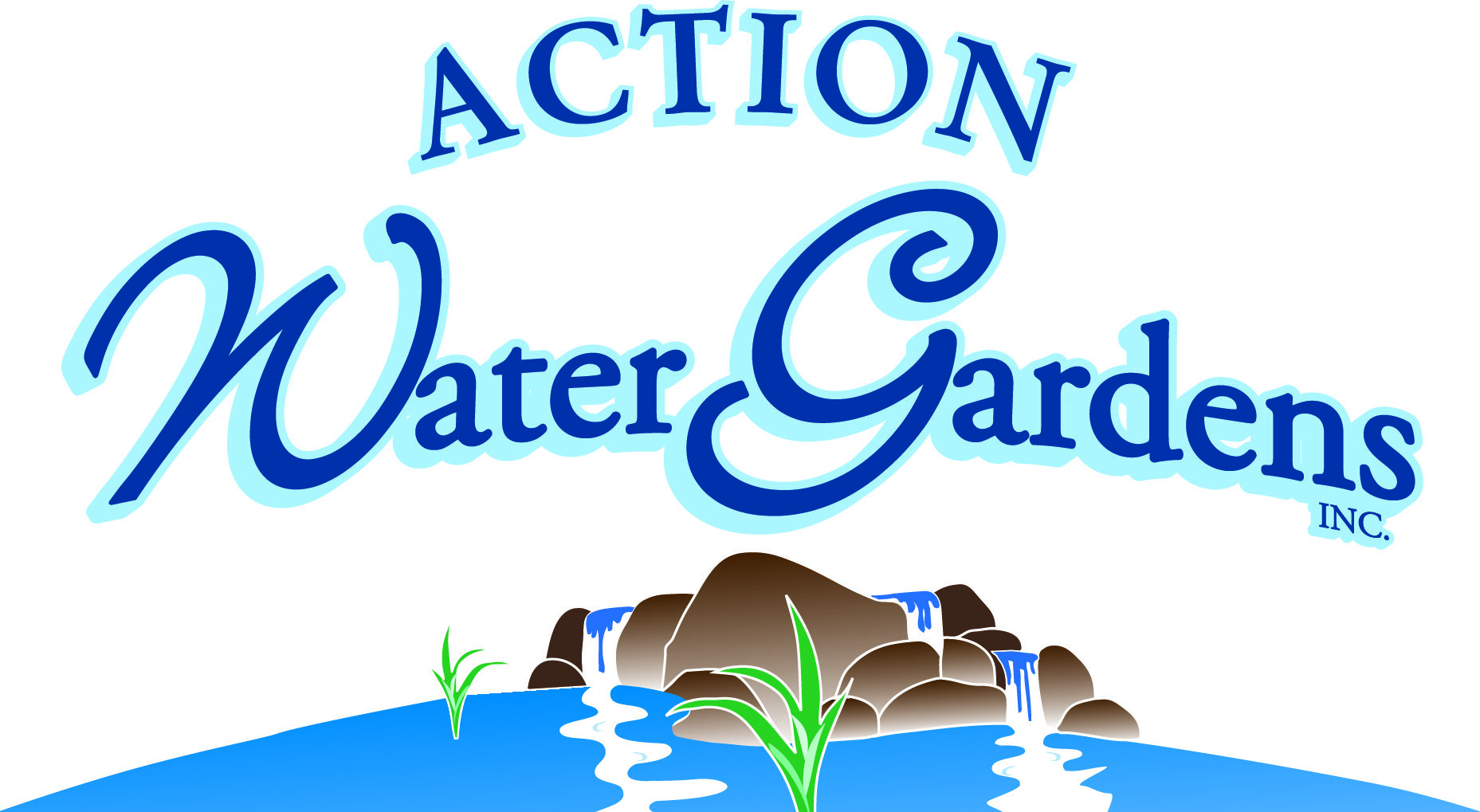Fall's Not Over Yet!
Although it is still fall, the days keep getting colder and it’s time to start thinking about what you’re going to do with your water feature during the winter. It’s always good to prepare ahead of time so you’re not rushing through the cold weather to get your water feature in top shape for the season. Some things you can do from now until the winter is to remove all tropical plants, cut back any other plants you have and to stop feeding your fish.
If you have tropical plants they will need to be removed from the pond and replaced next season or removed and relocated to a warm indoor space for winter. If you plan to bring them inside, make sure they are in an area no less than 55-60 degrees and in a spot that gets a good amount of sunlight. Make sure you water them throughout the season and trim back any yellowing or dead foliage. Don’t get discouraged if they do not last until next spring, it is in the plants nature to survive in a more tropical environment; it doesn’t necessarily mean you failed to keep your tropical alive. Do not bring the plants outside until there is no longer a chance of frost in your area and temperatures stay above 60 degrees. Floating plants, like hyacinth and water lettuce, can be treated like an annual; they will die over the winter, so remove them from your pond once they begin to yellow. Fortunately they’re inexpensive to replace and will grow quickly once re-added.
If you have fish, you probably have started to feed them cold water fish food to prepare them for winter. Aquascape Cold Water Fish Food provides your fish the amount of nutrients they need to survive during the winter months such as probiotics that aid in digestion and reduction of fish waste. You should be reducing the amount you feed your fish to every other day to a couple times a week. Once the water temperature drops below 50 degrees, you will stop feeding your fish all together so they won’t be producing excess waste that can decay and cause harmful gases in your pond.
Fish waste isn’t the only thing that can cause harmful gases; the decomposing of plants and fallen leaves that sink to the bottom can produce those gases known as methane and could possibly harm your fish if those gases get trapped. Make sure you clean out as much debris from the bottom of your pond so there will be no excess gasses stuck under the ice. Lucky for you, we have a solution to that problem! Please continue on in this newsletter to find more about aerators and de-icers.
